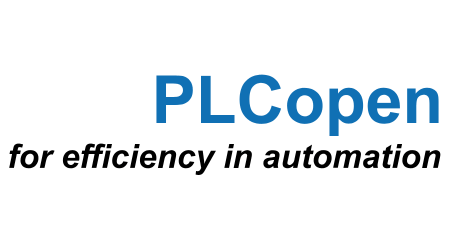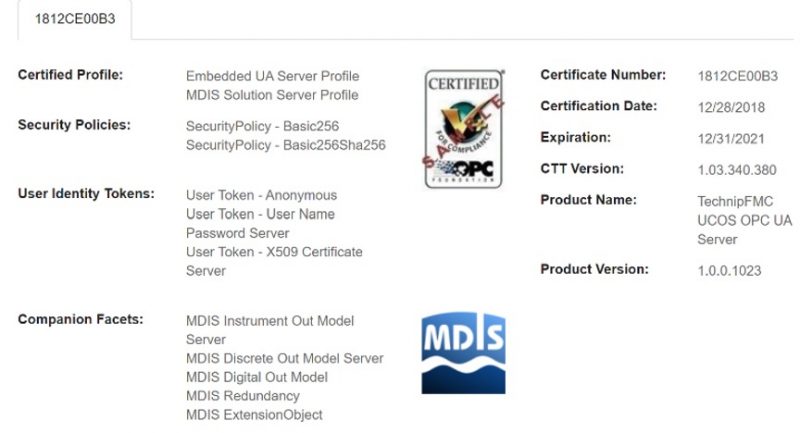More and More PLCs Getting Certified
 With the successful certification of WAGO’s PFC200 family we are beginning a long list of PLC certifications and re-certifications this year. This includes major brands in the automation industry, who are not only re-certifying old features, but are including new features and interfaces. One highlight is that all certified PLCs which not only have a Server but also the (OPC 30001 – IEC 61131-3) Client Function Blocks for OPC UA integrated, are getting their OPC UA Client interface certified, too. Feedback from product testing has been a very consistent source of potential improvements to the accompanying Companion Specification. This feedback (on the Companion Specification being tested) is always provided back to the Working Group that is responsible for it.
With the successful certification of WAGO’s PFC200 family we are beginning a long list of PLC certifications and re-certifications this year. This includes major brands in the automation industry, who are not only re-certifying old features, but are including new features and interfaces. One highlight is that all certified PLCs which not only have a Server but also the (OPC 30001 – IEC 61131-3) Client Function Blocks for OPC UA integrated, are getting their OPC UA Client interface certified, too. Feedback from product testing has been a very consistent source of potential improvements to the accompanying Companion Specification. This feedback (on the Companion Specification being tested) is always provided back to the Working Group that is responsible for it.
Paul Hunkar, Director of Compliance, OPC Foundation says, “We are seeing an increase in client certification this year. We attribute this increase to end user requirements for certified products to reduce testing and engineering effort”.
OPC UA Clients integrated into PLCs are not the only OPC Clients currently being certified. Although we have certified OPC UA Servers for Companion Specifications for 2 years, we have just recently started certifying the first Clients supporting Companion Specifications. When OPC UA Clients integrate a Companion Specification, it results in less configuration effort for end-users choosing that product. Companion Specifications provide standardized information models. Clients that are aware of the model can configure complex objects in a single step. With a certified Client, end-users can reduce engineering and commissioning activities. Certification assures that the Client correctly handles the complex objects and individual testing of every instance of the object can be reduced. Furthermore, this also allows for reuse of engineered components between servers from multiple vendors supporting the same Companion Specification.
Companion Specifications and OPC Certification
We see an increasing desire for automated testing capabilities and for certified products from Companion Specification developers. Providing vendors with the capability to execute automated tests for verifying compliance against a Companion Specification, and the opportunity to certify their products easily, increases the confidence in and demand for Companion Specifications. More and more groups with Companion Specifications are interested in providing automated testing that is integrated into the OPC Foundation Compliance Test Tool (CTT). They are also interested in formal certification utilizing the OPC Foundation’s certification program. The infrastructure the OPC Foundation provides not only automated testing but also for the distribution of test cases, recording of test results and the management of the certification process. The OPC Foundation also provides highly experienced OPC Test professionals. The OPC Foundation by its very definition is about open collaboration with other organizations. Extending Companion Specification testing is a natural byproduct of this open collaboration. Collaborating with the OPC Foundation on a certification program provides a ‘one-stop certification’ of the OPC UA Core technology and Companion Specification extensions. This ‘one-stop certification’ is especially useful when multiple Companion Specifications are included in the same product.
We are happy to see that the certification services provided by the OPC Foundation are being accepted by the industry and they are being utilized by more and more collaboration groups. If you do have questions about the opportunities here, please do not hesitate to contact us at compliance@opcfoundation.org.
